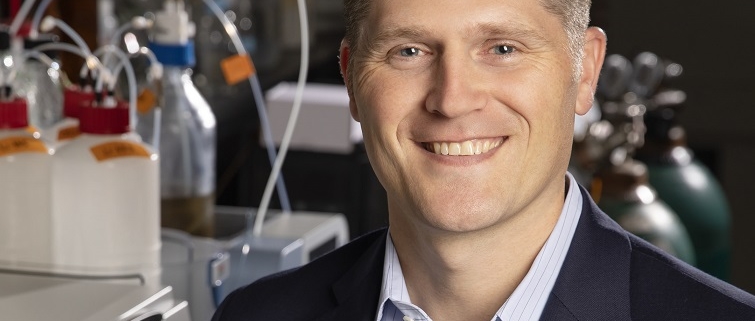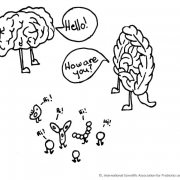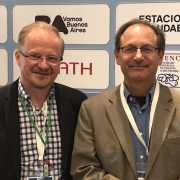ISAPP plans consensus panel on synbiotics
The term ‘synbiotic’ – which refers to a substance that combines both a probiotic and prebiotic – lacks a concise, modern definition. Stakeholders, including researchers, regulatory experts, consumers, marketers, industry scientists and healthcare providers, would benefit from a clear definition of synbiotics, a concise review of the state of the science of synbiotics, and a clarification of what kinds of products fall under the synbiotic scope.
ISAPP will convene a panel of top scientific experts on May 13th in Antwerp to develop a consensus around this topic. This panel will be chaired by Prof. Kelly Swanson, The Kraft Heinz Company Endowed Professor in Human Nutrition, Professor in the Department of Animal Sciences and Division of Nutritional Sciences, and Adjunct Professor in the Department of Veterinary Clinical Medicine at the University of Illinois at Urbana-Champaign. Prof. Swanson is known for his research on the mechanisms by which nutritional interventions affect health outcomes in both animals and humans. He is a co-author of the 2017 ISAPP consensus statement on the definition and scope of prebiotics.
As with the ISAPP consensus statements on probiotics (Hill et al. 2014) and prebiotics (Gibson et al. 2017), ISAPP is working with Nature Reviews Gastroenterology and Hepatology to publish the outcome of the synbiotics panel.
ISAPP’s focus on the science of probiotics and prebiotics makes it uniquely positioned to champion a panel of experts to discuss the definition and scientific justification for synbiotics.
The consensus panel members are:
- Kelly Swanson, University of Illinois at Urbana-Champaign, USA (chair)
- Glenn Gibson, University of Reading, UK
- Gregor Reid, University of Western Ontario, Canada
- Kristin Verbeke, University of Leuven (KU Leuven), Belgium
- Nathalie Delzenne, Université Catholique de Louvain, Belgium
- Robert Hutkins, University of Nebraska-Lincoln, USA
- Karen Scott, University of Aberdeen, UK
- Raylene Reimer, University of Calgary, Canada
- Hannah Holscher, University of Illinois at Urbana-Champaign, USA
- Meghan Azad, University of Manitoba, Canada
- Mary Ellen Sanders, ISAPP















